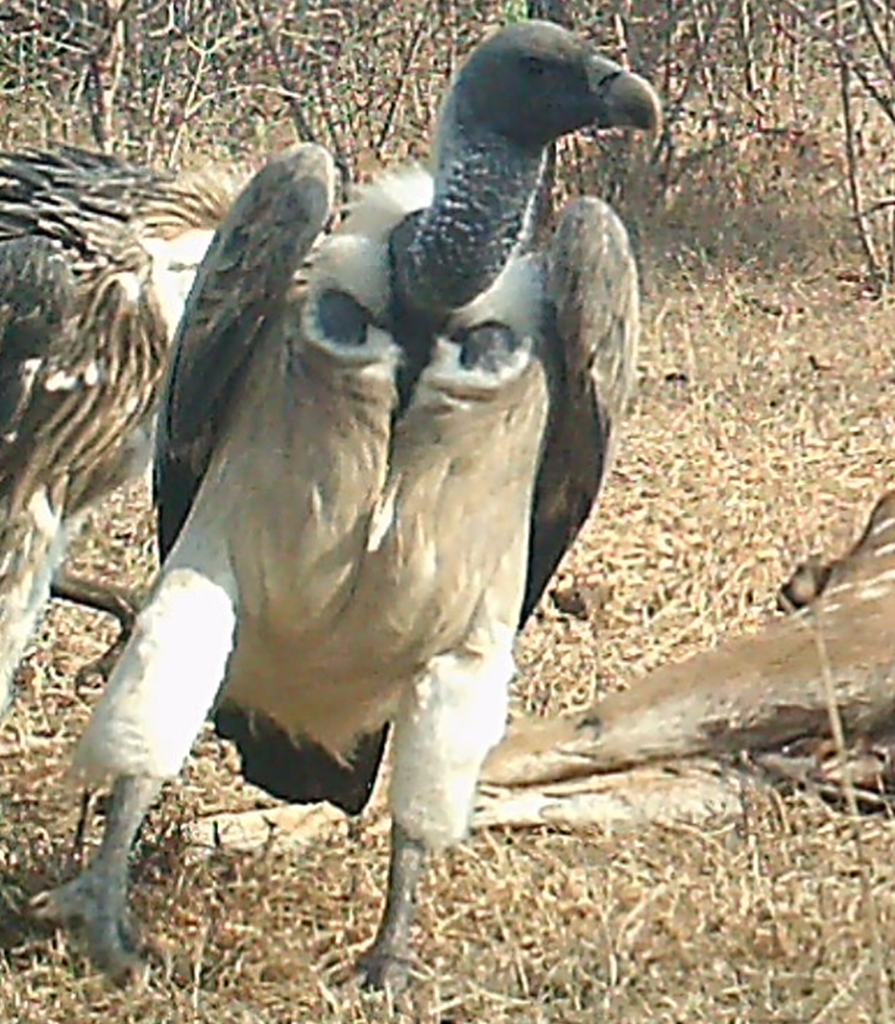
Green Minute News:
Even as new and more scientific evidences emerge, the Central Government dilly dallies on completely banning the veterinary usage of “Aceclofenac drug” that is toxic and confirms that it is a big threat to the very survival of critically endangered Gyps Vultures in South Asia. If action is not taken immediately, it will undo all previous efforts to save the vulture populations in India, says Saving Asia’s Vultures from Extinction (SAVE).
New significant findings by the Indian Veterinary Research Institute (IVRI) have revealed that the Veterinary painkiller drug “Aceclofenac” very quickly metabolizes into “Diclofenac” in cattle as also in water buffalo and cows. With these shocking findings, it is imperative that the Central Government takes immediate action and completely bans Aceclofenac drug usage for veterinary purposes in India. Earlier, in 2006, the Centre had banned “Diclofenac” to save the declining Indian vulture population.

Diclofenac which is now banned for Veterinary Usage in many Asian countries was once used as a painkiller for cattle. It is well established that Diclofenac is the main driver of the catastrophic vulture declines (98%) across Asia and therefore, the present finding is further proof that Aceclofenac which has already been put forward over four years ago (as an unnecessary threat to vultures) should now be banned lock, stock, and barrel.

Chris Bowden, RSPB and SAVE Programme Manager called upon the Indian Government to immediately ban Aceclofenac, as it is already abundantly clear that this presents a major ongoing threat that is preventing vulture populations from recovering despite all the other efforts to prevent their extinction.
When Safe alternatives like Meloxicam and Tolfenamic acid are available, it is shocking that the Centre remains a mute spectator and is not taking immediate action to save the declining Vulture population in India. Presently, evidence is available for toxicity to vultures of six NSAIDs other than diclofenac, namely: Aceclofenac, carprofen, flunixin, ketoprofen, nimesulide and phenylbutazone.

Dr AM Pawde, Co-author of the Scientific Studies, Principal Scientist and in charge, IVRI said “This study alone gives ample evidence that Aceclofenac almost immediately converts to diclofenac inside cattle and also buffalo, and is therefore, a very serious threat to vultures that feed on the carcasses of any recently treated animals.”
Dr Karikalan M, another IVRI author explains “Aceclofenac is described as a pro-drug of diclofenac, and soon after it enters the livestock, it actually becomes diclofenac, and indeed, when analysing the animal tissues, it is almost impossible to distinguish, and it is effectively the same as injecting directly with diclofenac which is already banned.”

Prof Rhys Green of Cambridge University, UK and SAVE Chairman added, “Knowing just how lethal diclofenac is to vultures, and the devastating effect it has had, it seems like a very unfortunate loophole to allow Aceclofenac to be manufactured, sold, and used in veterinary use. This is undoing all the earlier efforts to secure India’s vultures.”
Dr John Mallord, a senior scientist of the RSPB further said, “There really does not seem any need to use veterinary Aceclofenac, especially now that there are proven safe alternatives with very similar properties, like tolfenamic acid and meloxicam. We are also hopeful that paracetamol can be added to the known vulture-safe list soon. But some more work is needed to fully confirm this.”

BNHS Director Bivash Pandav acknowledges that the Centre demonstrated its commitment to vulture conservation through banning veterinary diclofenac in 2006.
He adds, “Now with support for IVRI vulture safety testing, such work to test the safety of these veterinary drugs for vultures is crucial. But the key step needed now is for the MoEF&CC and the Drug Controller General of India to convert these findings into necessary action. This in time, will prevent their extinction, and help vultures recover from the devastating 98% declines. Vultures can once again play their environmental role as natures cleaners.”
The Wildlife Division, MoEF & CC and Haryana Forest Department provided all the facilities and funding to conduct this important research to save the declining vulture populations in India.
(PHOTO CREDIT: IMAGES 1,4,5 & 6 – KARNATAKA FOREST DEPARTMENT, IMAGE 3 – THARANGINI and IMAGE 2- CHRIS BOWDEN)
